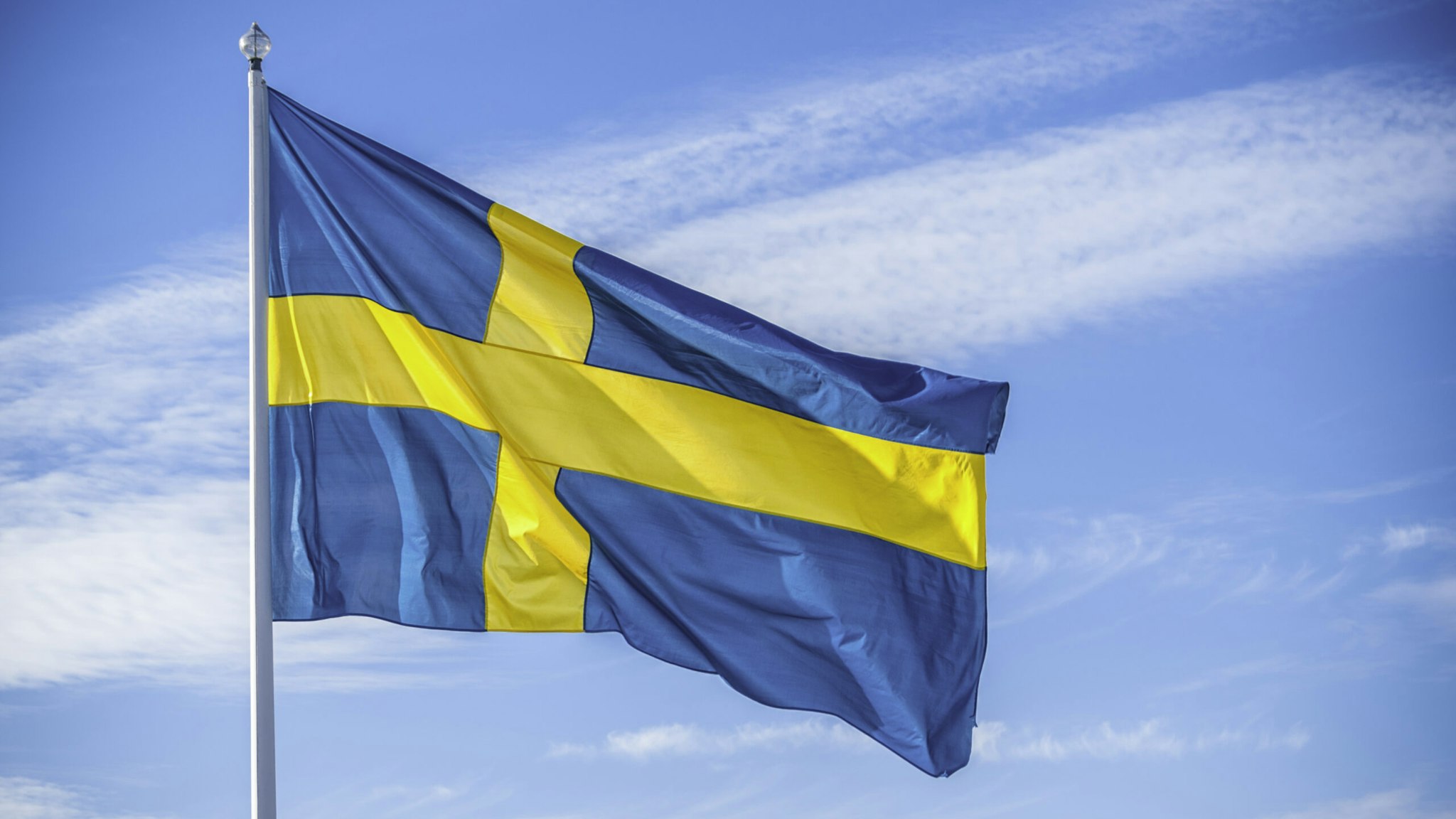Sweden published new treatment guidelines that abandon the model of care that “affirms” a child’s chosen transgender identity with medication.
The Swedish National Board of Health and Welfare (NBHW) published new treatment guidelines for youth with gender dysphoria last week that explicitly instruct medical providers that psychosocial support should be the first line of treatment. The updated guidelines follow a 2021 policy change that jettisoned the use of puberty blockers and cross-sex hormones to treat gender dysphoric youth, outside of a clinical research setting.
“Psychosocial support that helps the young person live with the body’s pubertal development without medication needs to be the first option when choosing care measures,” the guidelines read, according to the Society for Evidence-based Gender Medicine.
The NBHW “deems that the risks of puberty suppressing treatment with GnRH-analogues and gender-affirming hormonal treatment currently outweigh the possible benefits, and that the treatments should be offered only in exceptional cases.”
Sweden seemed to dismiss the West’s preference for “gender identity” ideology, a set of beliefs that are not recognized by science, for gender dysphoria, a well-documented psychiatric condition.
“The NBHW still considers that gender dysphoria rather than gender identity should determine access to care and treatment,” the report said.
The update is a marked detour from Sweden’s prior 2015 guidelines that relied on World Professional Association of Transgender Health’s (WPATH) “Standards of Care 7,” parting ways with a “gender affirming” model for a more cautious approach that emphasizes the importance of psychotherapy.
WPATH has since been denounced internationally by medical and mental health professionals for its “adherence to ideological views unsupported by evidence, its exclusion of ethical concerns, and its mischaracterization of basic science.”
Three key reasons listed for the change were a lack of reliable scientific evidence, evidence of detransition, and an unexplained sharp rise in prevalence of youth gender dysphoria, especially in adolescent girls without prior history of gender distress.
“Although the prevalence of detransition is still unknown, the knowledge that it occurs and that gender confirming treatment thus may lead to a deteriorating of health and quality of life (i.e. harm), is important for the overall judgment and recommendation,” the guidelines said.
Adolescents “will need to be offered other care than hormonal treatments,” and only in exceptional cases where gender incongruence that begins in childhood and persists until puberty, and causes “psychological strain” will puberty blocking drugs and cross-sex hormones be considered, provided only in research settings. Six Swedish pediatric gender clinics are set to be merged into three.
The Society for Evidence Based Gender Medicine (SEGM) gave a preliminary analysis of the 6-page English summary and is currently translating the full document for a more detailed analysis.
Sweden, along with health authorities in Finland and the U.K., are part of a growing international consensus that minors experiencing gender dysphoria should be treated with psychotherapy first, not medical interventions.
In the United States, with the broadening of the definition of what it means to be “transgender,” as determined by “gender identity” ideology rather than persistent gender dysphoria, more children are in danger of becoming lifelong medical patients.
The gender-affirmation model, applied widely across the U.S., prevents medical professionals from questioning a child’s self-reported transgender identity, and from exploring possible underlying factors causing their dysphoria. The standard protocol for gender affirmation is administering puberty blockers, followed by cross-sex hormones and then surgery, if desired.
According to such influential American organizations and medical institutions as Planned Parenthood, American Psychological Association, American Psychiatric Association, and the Centers for Disease Control and Prevention, their websites now define “transgender” as an “umbrella term” that includes mere gender nonconformity, or the rejection of stereotypical preferences and behaviors commonly associated with one’s sex.
At least 47 pediatric gender clinics, many at prominent children’s hospitals, have broadened the scope of their patient criteria to include not only transgender-identified children, but those they describe as “gender creative,” “gender diverse,” or “gender nonconforming.” Some of these programs see patients as young as two and three years old.

